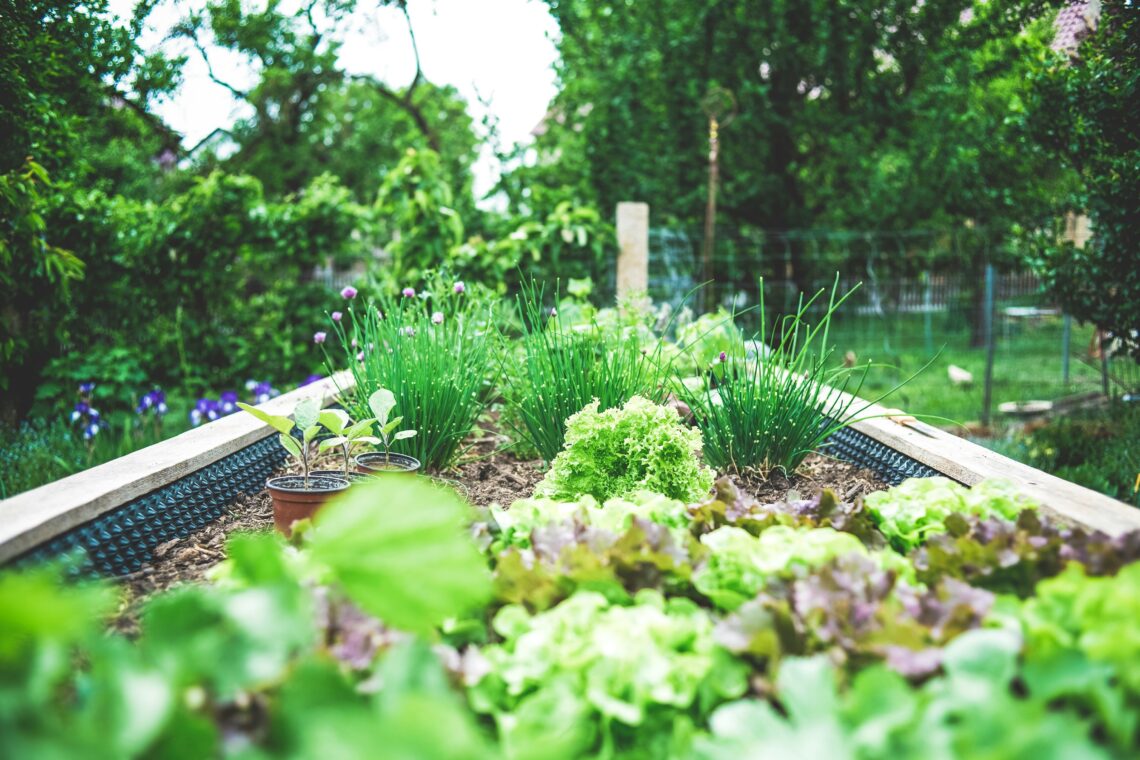
Cultivating Green Havens: The Rise of Backyard Urban Farming
In condo patios and balconies in the heart of the city, and in suburban subdivisions with a bit of land, there's a silent revolution taking root—backyard urban farming. Individuals are reclaiming their living spaces, transforming them into flourishing havens of sustainability and self-sufficiency. Let's delve into the world of backyard urban farming and explore how it's reshaping our cities and suburbs, one garden patch at a time.
The Urban Farming Renaissance
Urban farming is not a new concept. Throughout history, people cultivated food within city limits out of necessity. However, with the advent of industrialization and urbanization, agriculture became increasingly confined to rural areas. Yet, the pendulum is swinging back. The desire for fresh, organic produce, concerns about food security, and a growing awareness of environmental issues have fueled the resurgence of urban and backyard farming.
Backyard Bounty
Backyard urban farming epitomizes the adage "think global, act local." It's about harnessing the potential of small, often overlooked spaces to grow an abundance of fruits, vegetables, herbs, and even raise chickens or bees. From rooftop gardens and vertical hydroponic setups to raised beds and repurposed containers, the possibilities are endless. Even a modest balcony or patio can be transformed into a thriving mini-farm.
Benefits Beyond the Harvest
The benefits of backyard urban farming extend far beyond the satisfaction of harvesting your own produce. Firstly, it promotes sustainability by reducing food miles and minimizing the carbon footprint associated with commercial agriculture. Moreover, cultivating diverse crops enhances biodiversity and can provide habitats for pollinators and beneficial insects, contributing to urban ecosystem health. And, growing your own food fosters a deeper connection to nature, promotes physical activity, and can even serve as a therapeutic outlet amidst the stresses of city life.
Community and Collaboration
Backyard and urban farming has a remarkable ability to foster community spirit and collaboration. Neighbors come together to share seeds, knowledge, and surplus produce. The ability to share knowledge about growing food with your neighbors cultivates friendships, strengthen social ties, and fosters a sense of belonging in the community where you live.
Overcoming Challenges
Of course, backyard urban farming is not without its challenges. Limited space, soil contamination, and zoning regulations are common hurdles that urban farmers face. However, innovative solutions abound. Techniques such as container gardening, shared farms with neighbors and vertical farming enable individuals to maximize productivity in constrained spaces. Moreover, initiatives advocating for policy changes and greater support for urban and backyard agriculture are gaining momentum, paving the way for a more inclusive and accessible farming landscape.
Cultivating Change
Backyard urban farming is more than just a trend; it's a movement that is reshaping the way we use our backyards and spaces on our properties, and transforming the way we interact with food and nature. Whether you're a seasoned gardener or a novice with a green thumb, there's never been a better time to join the ranks of urban backyard farmers. So roll up your sleeves, dig in the dirt, and join the growing community of backyard growers cultivating change, one backyard at a time!
If you would like more information on how you can get started learning about urban backyard farming, we would love to hear from you! From selecting a property with the right backyard configuration, to working with and designing the land that you have, Portland Northwest Realty group team has the experience to help. Contact us today to learn more!

